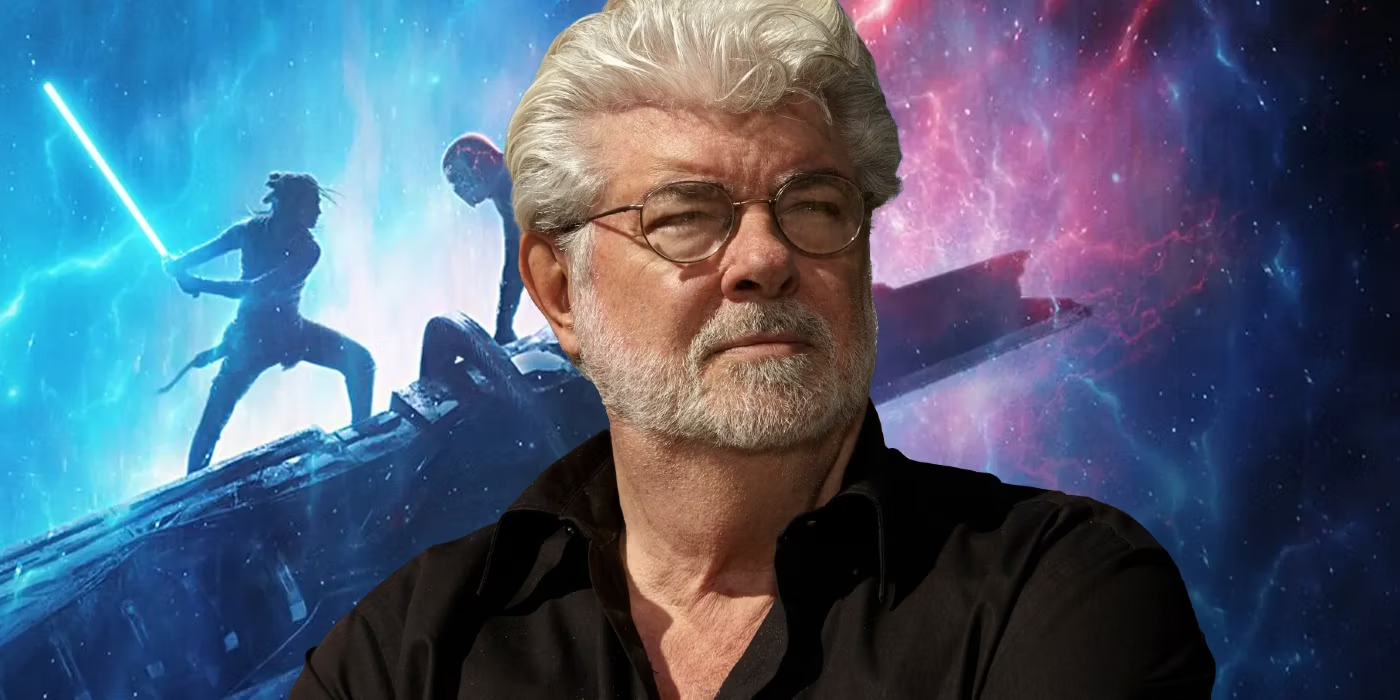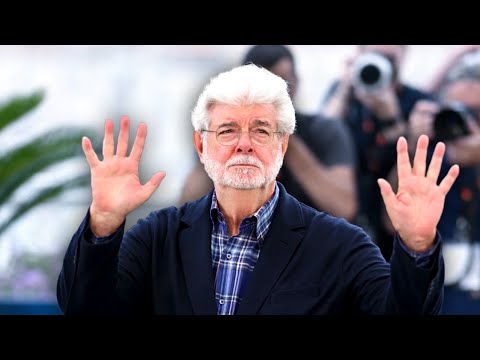Established in 1977 with “Episode IV – A New Hope,” Star Wars not only redefined the sci-fi genre but also established itself as one of the most monumental franchises in cinematic history. Its creation marked a pivotal moment in film, unleashing a universe that would capture the imaginations of millions across the globe. Yet, this iconic series might never have come to light if not for a significant twist of fate involving its creator, George Lucas.
In the early 1970s, Lucas envisioned adapting the popular comic strip Flash Gordon into a film. However, this dream was abruptly halted when he faced rejection from the project’s rights holders. This setback, however, planted the seeds for what would eventually become the Star Wars saga. Reflecting on this pivotal moment, legendary filmmaker Francis Ford Coppola, who presented Lucas with the honorary Palme d’Or at the Cannes Film Festival, highlighted the serendipity of Lucas’s journey.
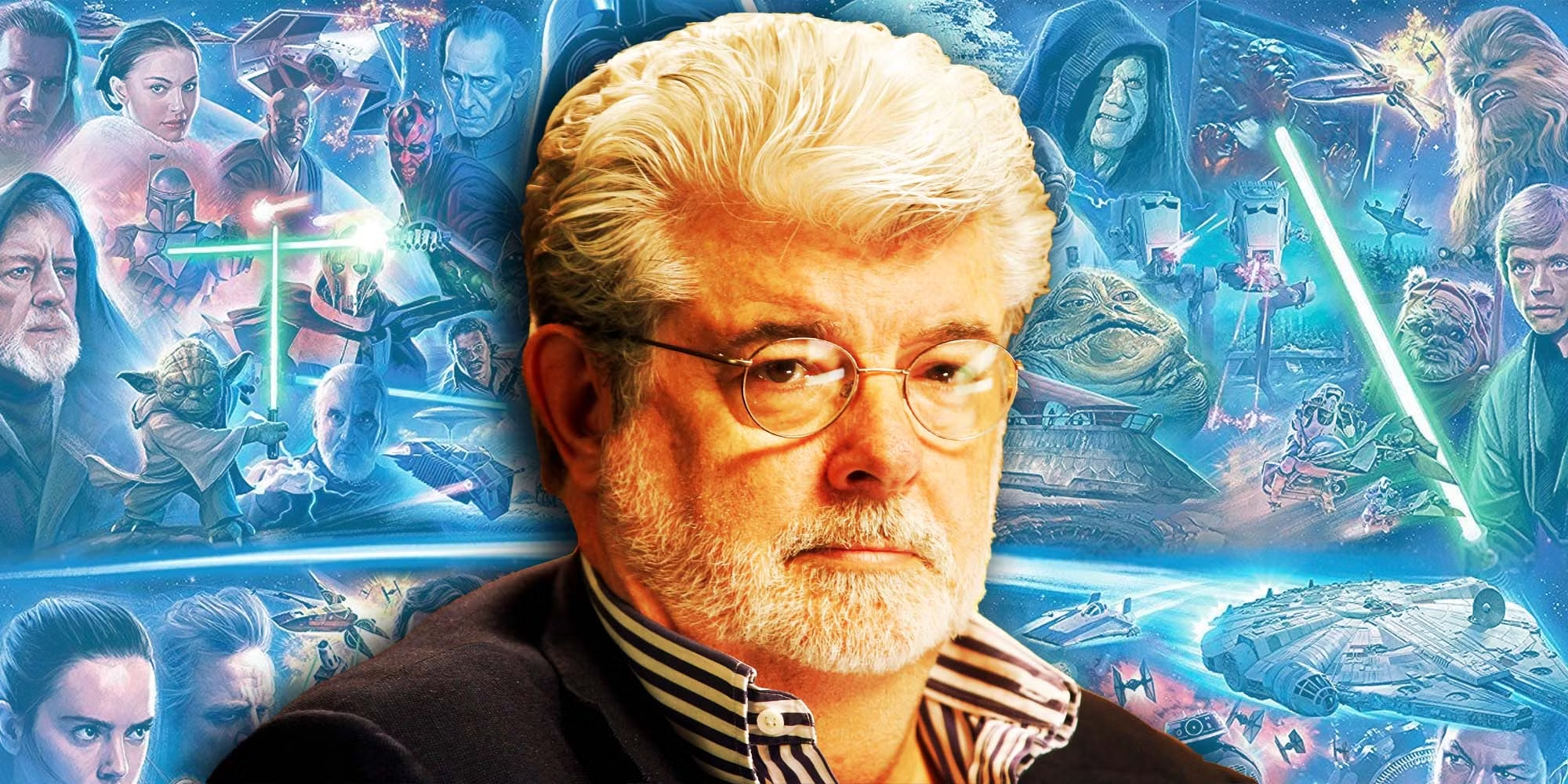
He looked at me and said, ‘Well, I’ll make my own movie, I’ll call it ‘Star Battles’ or ‘Star Wars’ or something.’ And so he did, risking everything he had to make it.
From Rejection to Revolution: The Birth of Star Wars
This narrative of overcoming rejection is a testament to Lucas’s resilience and creativity. Denied the chance to work on Flash Gordon, he instead turned his focus inward, crafting a unique space opera that would introduce audiences to the likes of Luke Skywalker, Darth Vader, and the mystical Force. The decision to forge his own path was fraught with risks but ultimately paid off spectacularly. “Star Wars: Episode IV – A New Hope” not only succeeded commercially but also revolutionized the film industry by blending groundbreaking visual effects with a compelling, character-driven story.
The success of Star Wars went beyond just box office numbers; it created a legacy that continues to influence the entertainment industry. It spawned an expansive universe that includes sequels, prequels, spin-offs, books, and more, each adding layers to the intricate galaxy Lucas imagined. The franchise’s ability to inspire countless other works is a testament to its innovative storytelling and rich, immersive world-building.
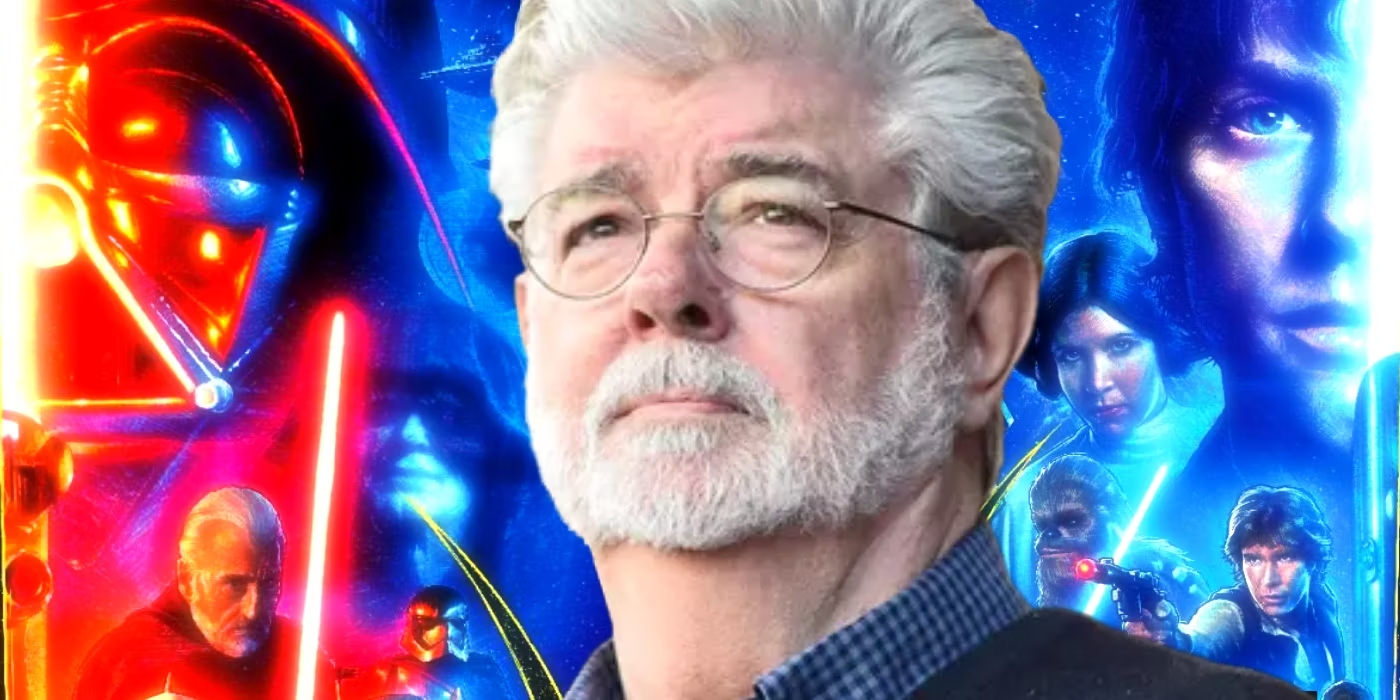
Francis Ford Coppola: Celebrating a Friendship and a Phenomenal Career
At the same Cannes event where Lucas was honored, Coppola shared reflections on their long-standing friendship, which began on the sets of “Finian’s Rainbow” in 1968. He expressed admiration for Lucas’s consistent ingenuity and vision.
Pleased to have someone in my own generation, I suggested he come every day, but only on one condition: That he come up with a brilliant suggestion every day, which he consistently did. And with that began an association that has lasted a lifetime.
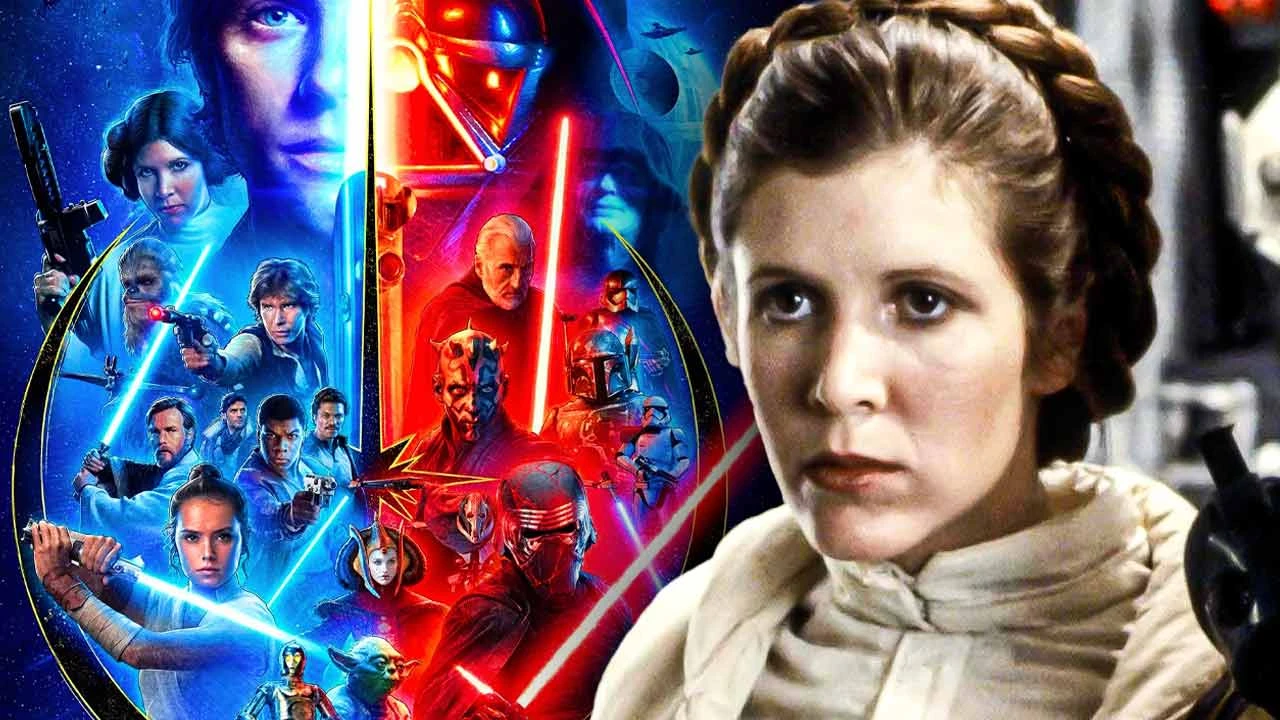
Coppola’s praise didn’t stop at personal anecdotes. He lauded Lucas for his enduring impact on multiple fronts: film, storytelling, business, and cultural history.
Congratulations George, not only am I and your many friends proud of you, but the world is here, proud to honor you,
Coppola remarked, acknowledging Lucas’s global influence and the indelible mark he has left on both the industry and its audiences.
Legacy of a Legend: The World Without Star Wars
It’s intriguing to imagine a world without Star Wars—a scenario we were nearly faced with if not for Lucas’s initial rejection. This franchise has done more than entertain; it has inspired, taught, and brought people together. From its iconic characters and profound themes to its pioneering special effects, Star Wars remains a cornerstone of not just science fiction but modern cinema as a whole.
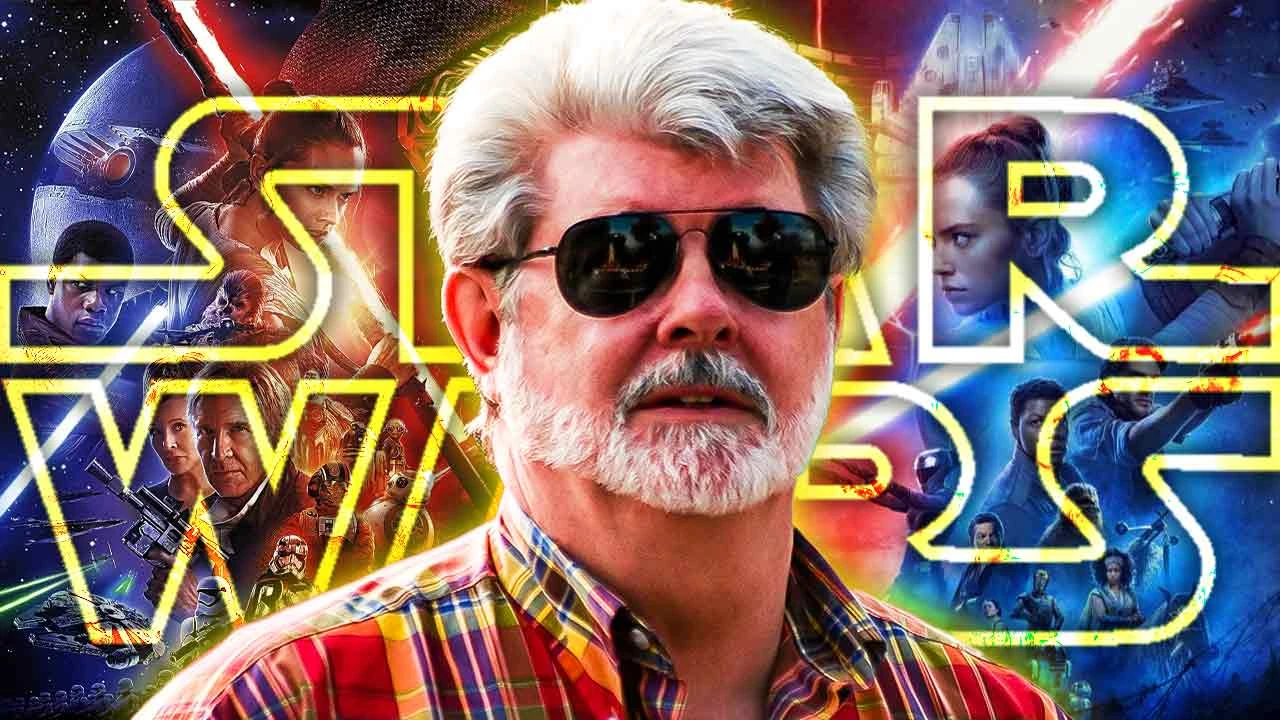
In celebrating George Lucas, we celebrate a visionary who turned disappointment into one of the greatest successes in film history. His story reminds us that sometimes, the most impactful creations arise from the ashes of failed dreams, proving that in the world of creativity, every ending can lead to an even greater beginning.
